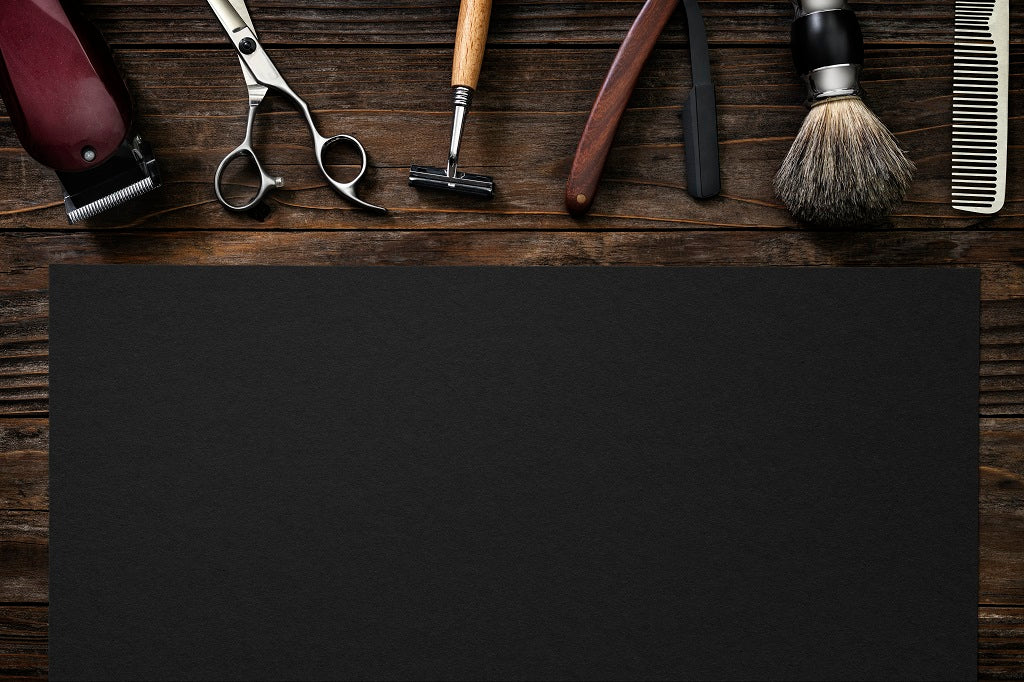Acne is a common skincare problem that attacks people of all age groups. It will often appear unannounced right before an important event of your life. Unfortunately, a big old pimple is enough to affect people’s confidence. Experts say that if you're fighting stress-related acne or hormonal acne, no skincare products can compensate for your skin problem.
Most people don't know this, but hormonal acne and stress-induced acne are different, and we will discuss that in this blog. Let's discuss the causes, differences, and treatments for each kind.
Hormonal Acne Vs. Stress Acne
Here are some ways to interpret what your skin is saying.
Skin problems such as acne or pimple are often triggered by hormones and stress.
Stress-related acne is caused when the stress hormone triggers the sebaceous glands to produce more oil. In contrast, hormonal acne, also known as adult acne, is caused due to the overproduction of male hormones (i.e., testosterone), which stimulates the skin's oil glands to produce more oil.
Also Read : How Stress Affects Your Skin? Combat Stress-Related Skin Problems
Stress-related acne is caused when one is going through a stressful phase of your life, whereas hormonal acne affects adults in the age group of 20-60. Hormonal cystic acne can affect people of any gender, but women typically experience hormonal acne during menstruation, pregnancy, perimenopause stage (before menopause), and during menopause.
When you consider the female menstrual cycle, hormone medications, and stress-inducing events, it can be challenging to establish the real cause of breakouts.
Differentiating Between Hormonal Acne & Stress Acne
It can be difficult to determine whether your acne is hormonal or stress-induced. These two words: Location and lifestyle, can help determine the type of acne, and thereby can help in its treatment.
1. Location
Hormonal acne affects the lips, chin, and jawline, these are the areas with the highest concentration of oil glands. Internal inflammation is what causes stress-related acne to manifest in your T zone.
2. Lifestyle
Hectic lifestyle such as a stressful work environment, lack of sleep, tension, and anxiety can lead to breakouts in the skin. Determine your stress triggers (e.g. lack of sleep or poor eating habits) and then adjust your lifestyle accordingly.
If you are experiencing acne breakouts despite following a healthy lifestyle and having a balanced diet, then chances are, you might be suffering from hormonal acne.
Also Read : Impact of Today's Lifestyle on Our Skin and the Solutions
How To Treat Hormonal Acne?
Proper treatment can eliminate hormonal acne. For safe and effective hormonal acne treatments, consult a dermatologist before you use any supplements, medicines or try out natural remedies.
For hormonal acne treatment, your doctor may recommend one or more of these options depending on the severity of your acne.
- Topical application of retinoid creams or ointment.
- Antibiotic ointments or gels for topical application are mostly recommended for treating hormonal cystic acne.
- Oral medication such as birth control pills.
- Laser treatments.
- Chemical peels.
- Topical application of tea tree oil.
How To Treat Stress-Induced Acne?
For fighting stress-induced acne, you need to understand the cause of your stress and try to make changes where ever it is possible. Try aromatherapy to alleviate stress and anxiety. Indulge in yoga and meditation which is beneficial for your mental fitnes. Experts suggest that making small changes in your lifestyle will definitely help combat stress successfully.
Your dermatologist might also recommend lifestyle changes like:
- Get enough sleep.
- Avoid picking at or squeezing pimples
- A healthy diet that includes plenty of fruits, vegetables, and whole grains.
- A proper skincare regime
- Avoid using greasy or oily cosmetics and skincare products
- After exercising or any other strenuous activity, take a refreshing shower
- Avoid friction and pressure on the skin
- Increase your fluid intake, get plenty of water and fresh fruit juice.
Topical Treatments For Stress Acne
Dermatologists are of the view that stress-induced acne responds to a few topical skincare actives including retinol, salicylic acid, and benzoyl peroxide. Each ingredient has different effects on breakouts.
- Retinol improves skin cell turnover.
- Salicylic acid unclogs the blocked pores of the skin.
- Niacinamide works on acne scarring and blemishes.
Experts suggest using pimple patches as a spot treatment for effectively treating stress-induced acne. Pimple patches are hydrocolloid adhesive stickers that contain active ingredients such as tea tree oil or salicylic acid which act directly on the pimple. These active ingredients get absorbed into the skin and fight the bacteria/germs responsible for causing acne.
If you are struggling with acne, blemishes, hyperpigmentation and scarring, try our 24K Gold Goodbye Acne Kit! It contains all the skin-friendly active ingredients that improve your skin's appearance by controlling acne, blemishes and scarring.
ANVEYA 24K GOLD GOODBYE ACNE KIT
- Helps in skin renewal
- Fights against acne causing bacteria
- Control sebum secretion
- Calms and soothes active acne
- Works on acne scarring and blemishes
Be it hormonal or stress-related acne, following a healthy lifestyle, accompanied by a good skincare routine can be of great help. Never shy away from visiting a dermatologist for professional advice. Professional help can help in getting rid of acne permanently. Apart from that, be sure to use DIY procedures to accelerate the acne clearing process.
Also Read: Zap That Zip : Top 10 Ingredients That Can Help Cure Adult Acne
Disclaimer: All the content on anveya.com/blogs is solely for information. It is not intended to be a substitute for professional medical advice, diagnosis or treatment. Always seek the advice of your physician or a qualified health care provider. The information, suggestion or remedies mentioned on this site are provided without warranty of any kind, whether express or implied.




